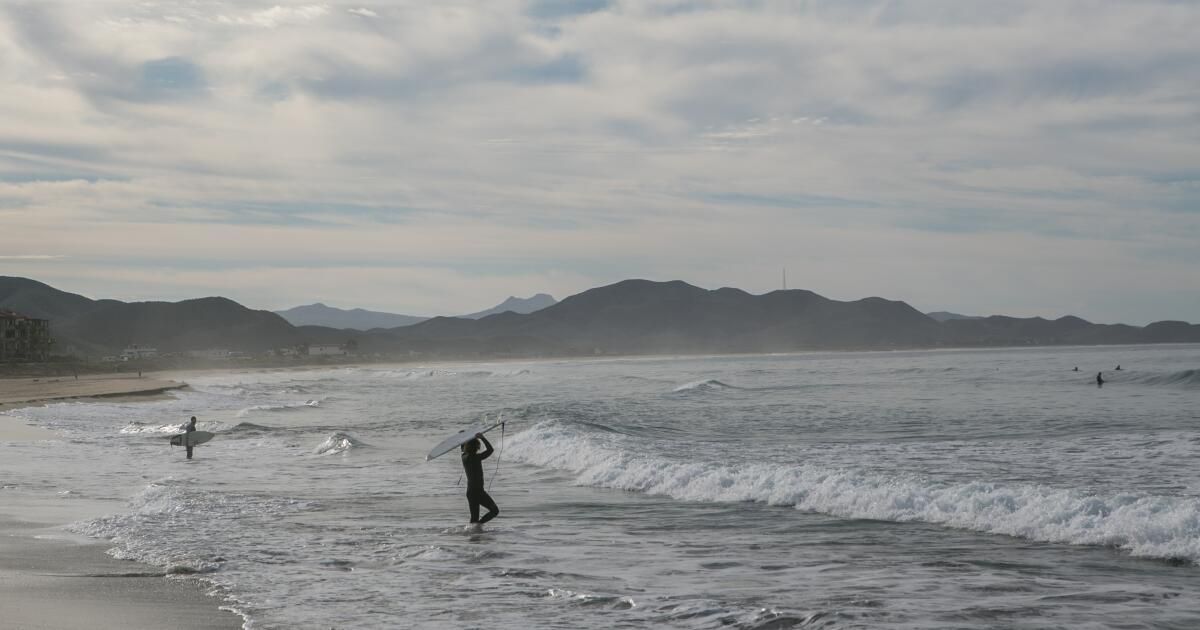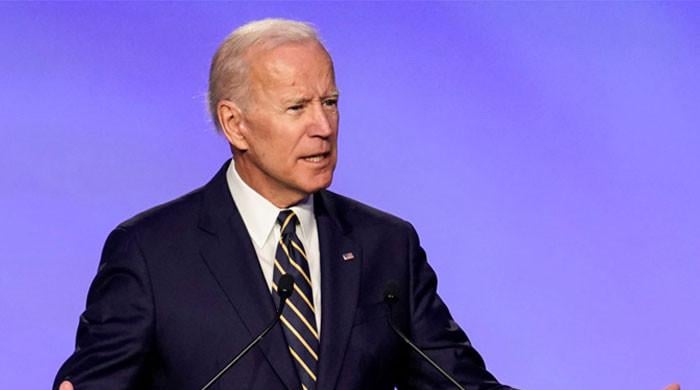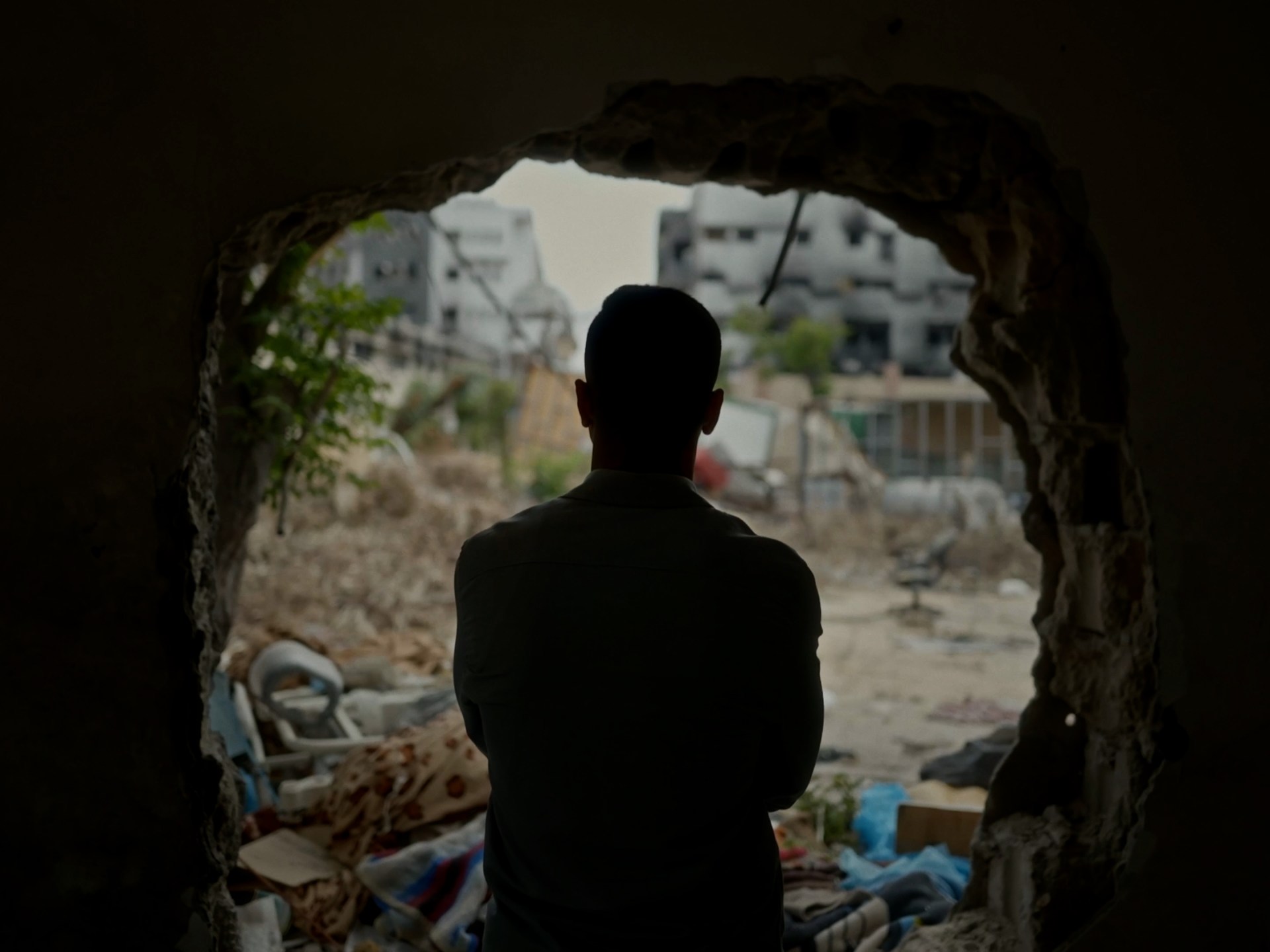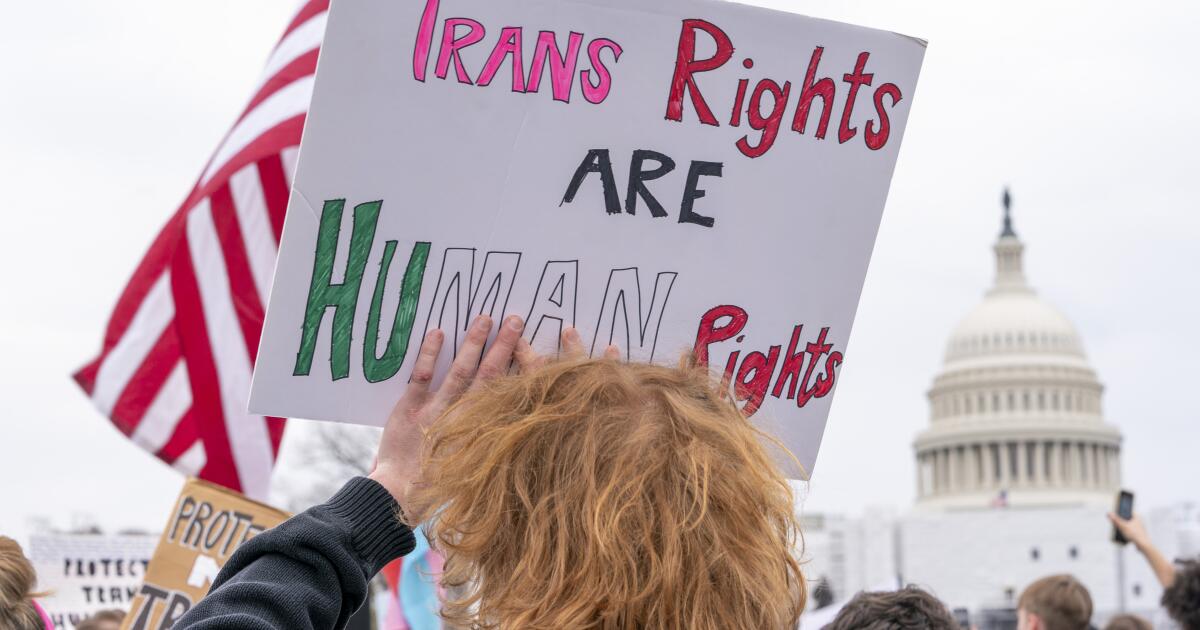Last month, two brothers and one of their friends crossed from the United States to Mexico to explore the famous surf waves of Baja California. Photos posted online by one of the brothers, Callum Robinson, 33, show the men gazing at the ocean with coffee, enjoying street tacos and relaxing with beers on a rooftop terrace.
After camping on a remote stretch of beach south of Ensenada, the friends were supposed to check into an Airbnb in Rosarito Beach last weekend. But they never arrived. The last time his family heard from the men was April 27.
His disappearance in one of the most violent states in Mexico has triggered a massive search involving local authorities, the FBI and the Mexican navy.
“We are looking for them by land and sea,” Baja California Attorney General. General María Elena Andrade Ramírez said Thursday. “We are doing everything we can.”
Several worrying clues suggested the men may have been victims of violence.
Authorities said they had located the charred remains of the white Chevrolet pickup truck in which the men were traveling and had recovered a cell phone that belonged to one of them. Authorities have questioned three people in connection with the case, Andrade said, although he did not say whether they are considered suspects.
On Friday, several media outlets cited unnamed officials as saying three bodies had been recovered near where the surfers disappeared. A spokesman for the Baja California Attorney General's Office said he could not confirm the discovery of the bodies.
Robinson, a lacrosse player, and his brother Jake, a 30-year-old doctor, are Australian citizens. His friend, Carter Rhoad, 30, is from Atlanta and founded an online clothing company in San Diego, according to his Facebook profile.
The group was last seen near Santo Tomás, about 70 miles south of Rosarito, authorities said.
Debra Robinson, mother of Jake and Callum, pleaded for help on social media after days went by without hearing from her sons, pointing out that Callum is diabetic. “This is a very serious situation,” she said.
Baja California's rugged coastline and epic waves have long attracted surfers from north of the border. But visiting remote areas makes them vulnerable to crime, said Serge Dedina, a longtime surfer in the area and executive director of Wildcoast, an environmental organization working in Baja California.
He said he frequently warns surfers visiting the area to stay in groups, avoid driving at night and sleep near fish camps. “Don't go out to isolated places if you can help it,” he tells them.
In recent years, the state has been convulsed by violence, much of it related to drug trafficking. Last year, authorities recorded 2,116 homicides in the state of Baja California, one of the highest rates in Mexico.
Mexican President Andrés Manuel López Obrador, in his final year in office, ran on a promise to reduce violence in Mexico. But while homicides nationwide have decreased slightly during his six-year term, they continue to hover around record levels.
Cecilia Sánchez Vidal of The Times' Mexico City bureau contributed to this report.












